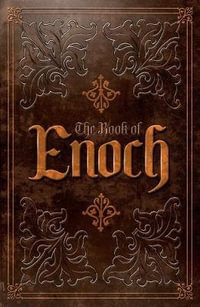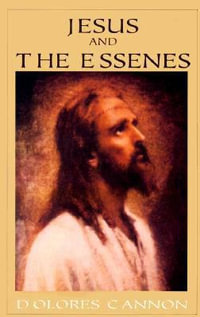Long before the New Quest for Jesus... Henry Cadbury followed his first book on Jesus, The Peril of Modernizing Jesus (1937) with a second a decade later. While still challenging our tendencies to confine the Master of Galilee to familiar programs and strategies, Jesus: What Manner of Man poses a more constructive approach to what might be known about the Jesus of history. In doing so, Cadbury focuses not simply on what he said and did, but more incisively on how Jesus taught and operated. Building on pressing questions about Jesus within the Gospels themselves, Cadbury brings their inquiry to bear on contemporary quests for Jesus with striking relevance. - from the new foreword by Paul N. Anderson, George Fox University ""This is a thoughtful and a thought-provoking book, the kind (of which, alas, there are too few) that deserves to be read slowly, with many a re-reading of weighty sentences."" Bruce M. Metzger, Princeton Theological Seminary ""One despairs of suggesting the richness of this book. It is full of penetrating insights and what is said in passing is likely to be as illuminating as the point which at the given moment is being intentionally made.... This is honest and constructive interpretation--searching, often disturbing, but both cleansing and creative. Although this is a small book, I shall be surprised if it does not soon take its place as one of the most important in the study of the life and teaching of Jesus."" John Knox, Union Theological Seminary Henry J. Cadbury (1883-1974) stands as one of the premier American biblical scholars of the twentieth century. He held the Hollis Chair at Harvard for twenty years and received the Nobel Peace Prize in 1947 on behalf of the American Friends Service Committee. Author of seven books and over 160 essays on biblical subjects, Cadbury's work on Luke-Acts, Jesus, and interpretive issues speaks with a timeless ring of authority.
Industry Reviews
""This is a thoughtful and a thought-provoking book, the kind (of which, alas, there are too few) that deserves to be read slowly, with many a re-reading of weighty sentences.""
Bruce M. Metzger, Princeton Theological Seminary
""One despairs of suggesting the richness of this book. It is full of penetrating insights and what is said in passing is likely to be as illuminating as the point which at the given moment is being intentionally made.... This is honest and constructive interpretation--searching, often disturbing, but both cleansing and creative. Although this is a small book, I shall be surprised if it does not soon take its place as one of the most important in the study of the life and teaching of Jesus.""
John Knox, Union Theological Seminary
























